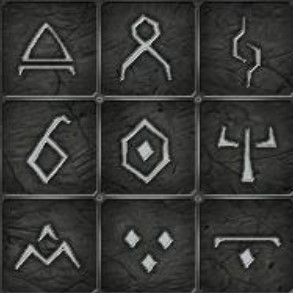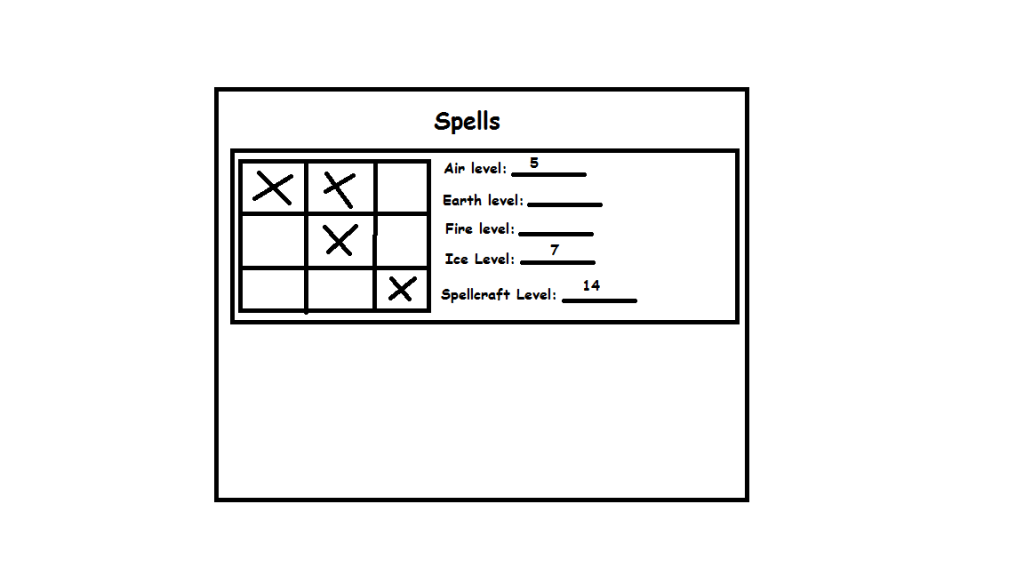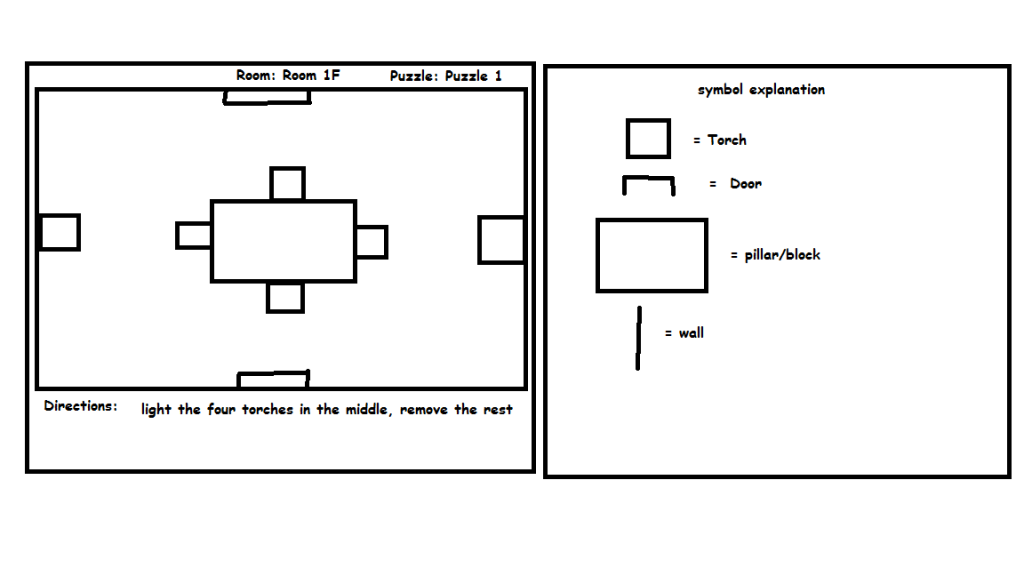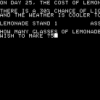I've always loved a mix of both physical and virtual game mechanics. For example, if I'm seeking to find an easter egg or something else of equally hard-to-find nature, I prefer to have my notes on how to find it by my side and not on the screen. It's not just about what I like, its simply better.
it allows you to access a resource without having to remove yourself from the game. Most of the time its simply easier then, say, having notepad up and tabbing out of the game every 5s to look at your notes.
Because of this, I've always thought about a better way to implement physical 'notes' of such. For example, there's a game called Legend of Grimrock. This game has a spell system, where there is a 3x3 grid of symbols:

Activating different symbols in combination allows you to cast a spell. To know the combination you have to find spellbooks found in the dungeons. I jotted down on a piece of paper the spell and its requirements every time I came across one, so if I started again I knew what to do. There were also a lot of puzzles that you had to do to progress, along with puzzles that contained secrets, and while I attempted to keep track of them on paper it just became too messy to do so.
however, what would've been great is if you bought the game and it came with a notepad where you could put it down in an organised fashion instead of having a bunch of mess everywhere. Half of the book could come with pages like this:

The other half with pages like this:

with the left being the puzzle and how it works, while the right being the first couple of pages explaining what the map means. Then there could also be a few pages at the end to jot down some extra notes if you need to.
To be honest, if I had of had something like this I would've played the game for a lot longer. My opinion of physical notes is they should be something you accumulate yourself, but the developers should provide the material to cultivate this. That way you can both organise your notes and at the same time have a single source to access them.
I mean, massing a source of information for your game is an achievement within itself. It's fun and you become better at the game. A lot of the reason why developers don't implement such things like this is most games are being moved entirely virtual. Its only big name games and console games that are really being bought in stores anymore. I bought the Legend of Grimrock on steam, so I wouldn't have gotten a physical notebook even if they provided it.














